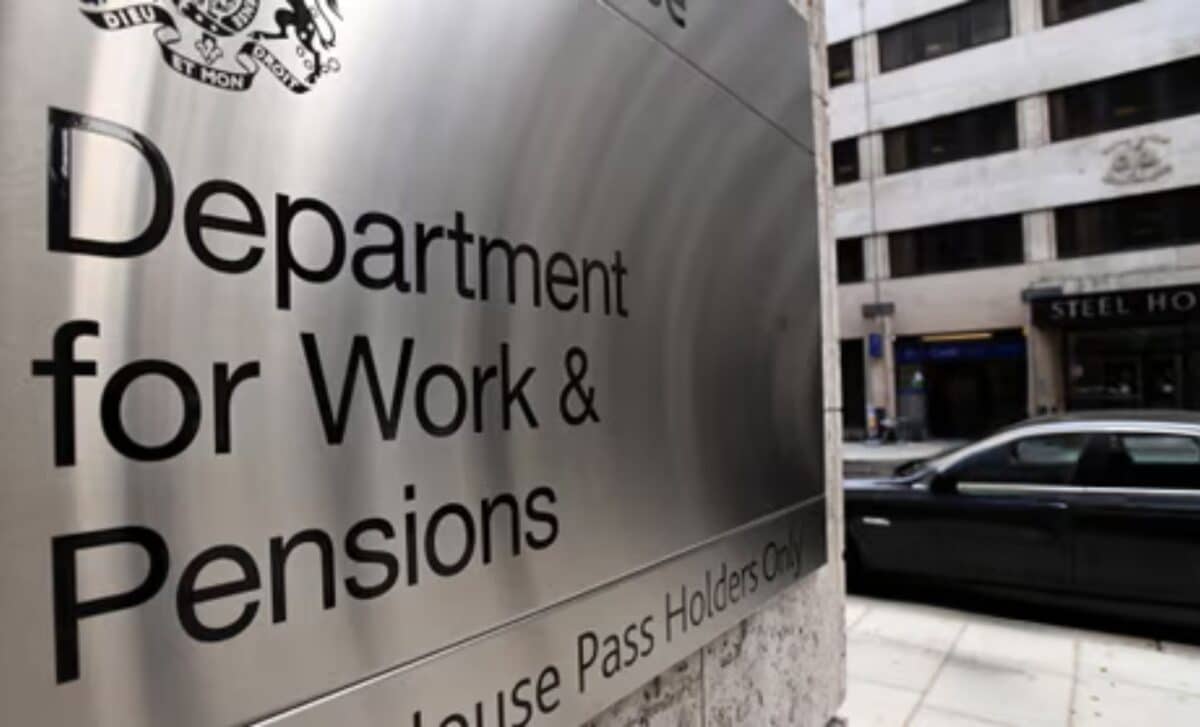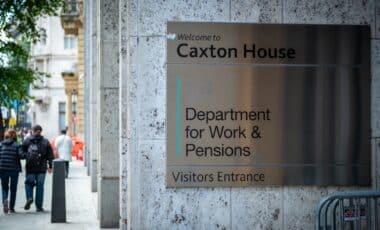The Department for Work and Pensions (DWP) has confirmed that 1.8 million people claiming Universal Credit have now been categorised under the Limited Capability for Work-Related Activity (LCWRA) group, a rise that exceeds prior projections.
The shift reflects a broader reform agenda, which aims to make the welfare system more responsive to the needs of individuals facing barriers to work.
The shift highlights significant changes in how the welfare system treats those unable to work due to health reasons, with Universal Credit continuing to replace legacy benefits. This announcement comes ahead of plans to further reform disability and health benefits.
Increased Numbers Signal Need for Reform
The move of 1.8 million people into the LCWRA category marks a substantial shift in the UK’s welfare system. This increase is largely driven by the migration from legacy benefits to Universal Credit, with the DWP now overseeing a far more complex welfare landscape.
According to the DWP, the rise in the LCWRA cases has outstripped initial expectations, underscoring the challenges the government faces in ensuring that the system supports individuals with complex needs.
Work and Pensions Secretary Liz Kendall has highlighted that the system’s failure to adequately support people with disabilities or health conditions has led to millions being locked out of the workforce.
“There are at least 200,000 people who want to work but need the right support and a fair chance,” she said. The government, she added, is committed to reforming the system to both reduce the welfare bill and increase access to work for people who are currently excluded from it.
A New Path Forward: Work Coaches and Support Initiatives
To address these challenges, the government is taking steps to provide additional support to people with disabilities. As part of the £250 million initiative, 1,000 Work Coaches will be redeployed to assist 65,000 sick and disabled individuals, with the aim of helping them secure employment.
This strategy forms part of a broader reform plan designed to restore fairness to the benefits system and ensure that individuals with limited work capabilities are not left without a route back into employment.
The introduction of Work Coaches is seen as a significant step toward improving outcomes for people in the LCWRA category. These coaches will provide intensive employment support, including personalised guidance tailored to the needs of those facing barriers to work.
In the coming months, further changes to the Work Capability Assessment (WCA) are expected, with the DWP phasing out the current binary classification of “fit for work” and “not fit for work.” The introduction of new categories for those with health issues will be an important part of the government’s wider welfare overhaul.









